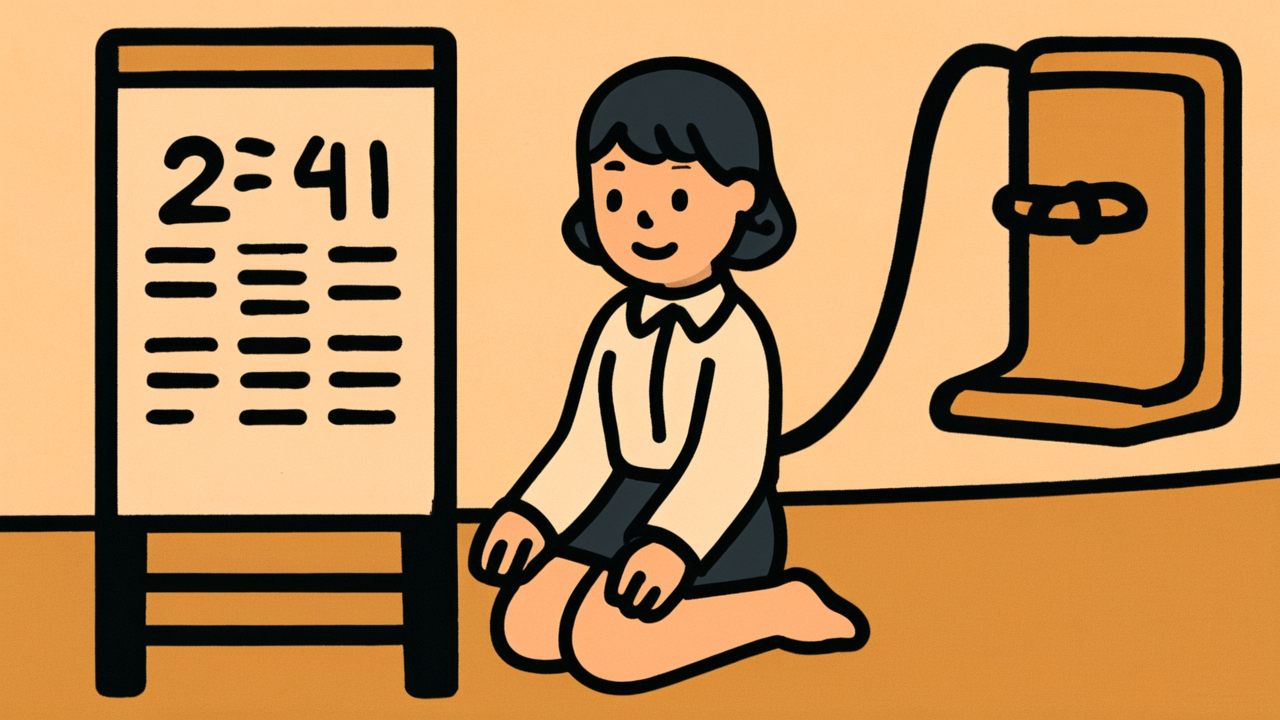How to Read “縁と月日”
En to tsukihi
Meaning of “縁と月日”
“Fate and months days” means that bonds and connections between people are nurtured slowly over time, and that true relationships cannot be born if one tries to build them hastily.
This proverb shows deep insight into the essence of human relationships. It teaches us that true friendship, trust, and love cannot be built overnight, but naturally deepen as months and days accumulate. It is used as advice for people who are rushing to build human relationships, or when conveying the importance of taking time to nurture relationships. Even today, in an era where we can instantly connect through social media, the value of this ancient wisdom is being rerecognized – that true connections cannot exist without the element of time.
Origin and Etymology
Regarding the origin of “Fate and months days,” the current situation is that clear documentary evidence is difficult to find. This proverb is thought to have been used since the Edo period, but the specific first appearance and formation process are not certain.
However, judging from the structure of the words, we can see that it reflects the Japanese view of nature and unique sensibility toward human relationships. The concept of “fate” derives from Buddhist thought of causation, the idea that meetings and partings between people are not coincidental but have some inevitability. On the other hand, “months days” represents the flow of time, particularly an expression that is conscious of the natural rhythm of the waxing and waning of the moon and the passage of days.
By placing these two elements side by side, it shows that the element of time is indispensable in the formation of human relationships. People in the Edo period lived in a slower pace of time than today, and they thought that relationships with others did not change rapidly but deepened naturally like the changing of seasons. Perhaps the way of human relationships that matched the rhythm of nature, cultivated in agricultural society, is embedded in this proverb.
Usage Examples
- In my new workplace, I won’t rush but will build relationships with colleagues while cherishing Fate and months days
- We hit it off at the arranged meeting, but I think Fate and months days are still necessary, so I’m continuing the courtship
Modern Interpretation
In modern society, the values of “Fate and months days” are greatly shaken. With the spread of SNS and matching apps, encounters with people have dramatically increased, but the shallowness of relationships has also become a problem. In an era where you can instantly connect with a single “like,” the idea of taking time to nurture relationships may seem outdated.
However, modern people who have experienced the COVID pandemic have also realized the limitations of online connections. The value of actually sharing time together, which cannot be obtained through screen-mediated relationships, is being re-recognized. As remote work becomes widespread, the importance of casual conversations with colleagues and creativity born from chance encounters is also being reconsidered.
On the other hand, in modern busy life, “taking months days” itself has become a luxury. In modern times with frequent job changes and relocations, opportunities to build long-term relationships are also decreasing. Therefore, techniques for building high-quality relationships even within limited time, and methods for maintaining deep connections while utilizing digital tools are being sought.
This proverb serves as a warning to modern society that emphasizes efficiency, teaching us once again the indispensability of “time” in human relationships.
When AI Hears This
“En” (connection) is a point, while “tsukihi” (time) is a line. Hidden within this difference in time axes lies the mysterious mechanism of human relationships.
Connections are born in an instant. An encounter lasting just a few seconds can dramatically change the course of one’s life. Psychology calls this the “primacy effect” – people form impressions of others within the first 7 seconds. In other words, connections are momentary phenomena that exist as “points” on the timeline.
Meanwhile, time is a “line.” Deepening relationships requires continuous time. What’s fascinating is that research shows it takes approximately 200 hours of shared time to build a close friendship. This means even meeting for one hour daily, it would take about 7 months.
Modern social media has dramatically increased the “connection” aspect. We can instantly connect with people around the world. However, the “time” aspect remains unchanged. Whether through screens or meeting in person, building trust still requires the same amount of time.
The essence of this proverb teaches us that human relationships are built on two completely different time axes: “momentary magic” and “continuous effort.” Without the “point” of connection, nothing begins, but without the “line” of time, nothing deepens. Perhaps modern people struggle with relationships because it has become difficult to balance these two different senses of time.
Lessons for Today
What “Fate and months days” teaches modern people is the aesthetics of “waiting” in human relationships. Precisely because we live in an instant era, why don’t we reconsider the value of relationships that are carefully nurtured over time?
When you’re troubled by relationships with important people, instead of immediately seeking results, try focusing on accumulating time with the other person. Daily small conversations, casual time spent together, watching each other’s changes. All of these become nourishment for cultivating irreplaceable fate.
Also, when you find yourself in a new environment, it’s important to be yourself without rushing. There’s no need to force yourself to conform to others or hurry to become close. By being natural, encounters with people who truly get along with you will emerge.
While efficiency tends to be emphasized in modern society, human relationships are different. Not sparing the gift of time, carefully nurturing fate with important people. This proverb reminds us of such a rich way of living.



Comments